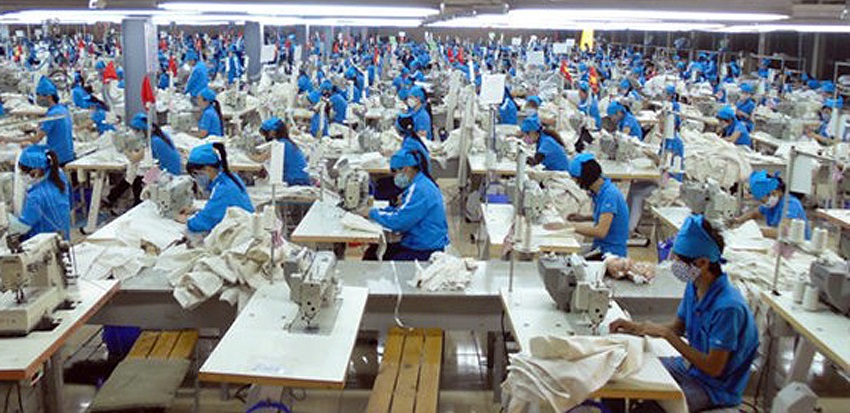Bloomberg reports that the shoemaker now faces questions about whether it can meet demand Bottlenecks lead to elevated transit times for merchandi
Bloomberg reports that the shoemaker now faces questions about whether it can meet demand
Bottlenecks lead to elevated transit times for merchandise
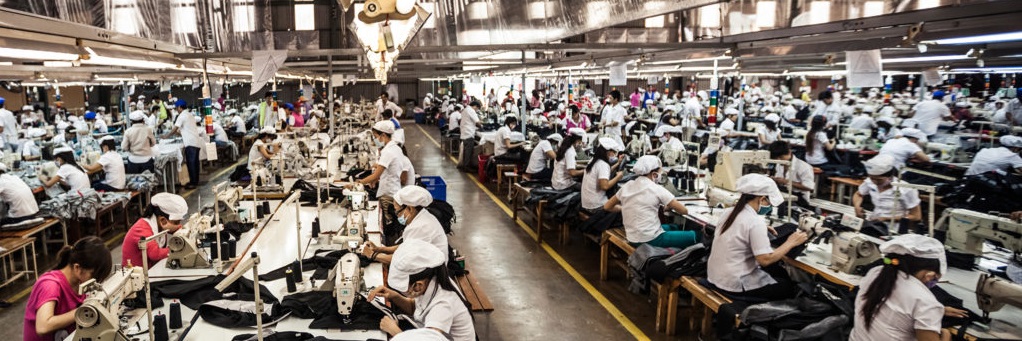
Gto News presents this story by Bloomberg on the effects on manufacturers of closings of factories caused by the Covid 19 pandemic and its constant resurgence, all credit to Bloomberg
Nike Inc. lowered its sales forecast as production and shipping delays hobbled the company’s efforts to meet strong demand for shoes and athleticwear, reported Bloomberg.

Falling sales
Sales this quarter may fall as factory closures in Vietnam prevent Nike from keeping up with consumer demand, the world’s largest athleticwear company said Thursday. That means full-year growth will be in the mid-single-digits rather than a low double-digit percentage rate Nike targeted earlier.
Shutdowns in Vietnam due to a Covid resurgence are hitting athleticwear makers hard as they’re unable to supply enough shoes to consumers across the world. Adidas AG sourced about a third of its production there last year. Puma SE Chief Executive Officer Bjorn Gulden said in July the company was trying to source more from China to make up for the drop in Vietnam, reported Bloomberg.
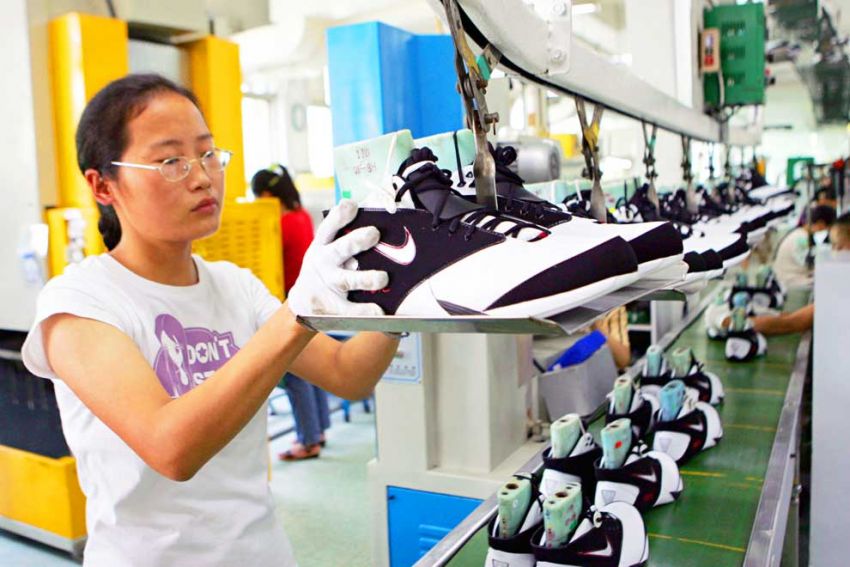
Falling indexes
Nike shares fell 4.6% to $152.20 in pre-market trading in New York. The stock had risen 13% this year through the close Thursday in New York. Adidas fell as much as 4% and Puma as much as 2.9% in Frankfurt trading Friday.
Most Nike factories in Vietnam remain shut due to government mandates and the company has lost about 10 weeks of production since mid-July, said Nike Chief Financial Officer Matthew Friend. Nike doesn’t expect the facilities to reopen until October, and they’ll take several months to ramp up manufacturing, reported Bloomberg.

Ups and down
A spokeswoman for Puma said that a few factories have started to operate in southern Vietnam recently and the company hopes for others to gradually open through October. Adidas said it’s also been temporarily reallocating production to other countries.
“It’s all about the inventory. Demand is clearly very high,” Bloomberg Intelligence analyst Poonam Goyal said on Bloomberg Television. “How much inventory is in transit, and is it enough to meet holiday demand?”
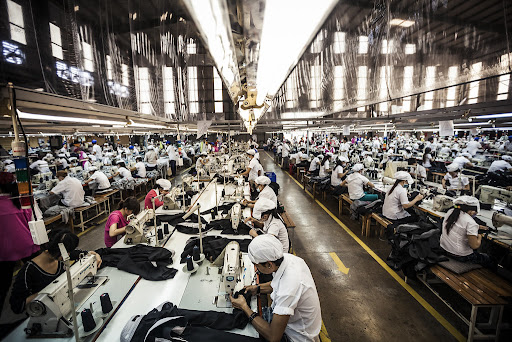
Stalled numbers
Nike’s inventories were at $6.7 billion for the quarter, which is flat from a year ago, according to Thursday’statement. The company said in-transit inventories were high due to extended lead times.
Shipping times from Asia to North America, meanwhile, worsened in the quarter, doubling to 80 days due to port and rail congestion and labor shortages. That’s left lots of inventory lingering in transit while margins were hurt by higher ocean freight surcharges, reports Bloomberg.

Higher demand
“We had full-price inventory that was unavailable to use to serve current consumer demand in this quarter,” Friend said.
Revenue rose 12% to $12.2 billion in the three months through August after adjusting for currencies, missing analysts’ expectations of $12.5 billion, reported Bloomberg.
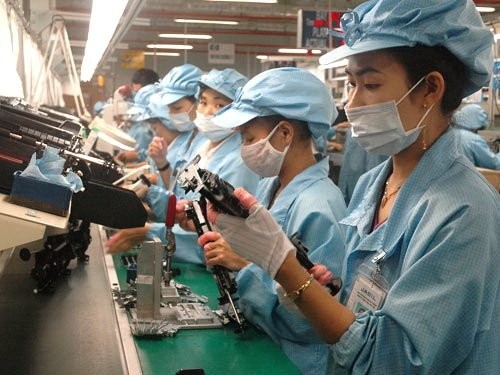
Sports Return
Nike has gained steam in recent quarters as sports resumed in earnest, with fans packing stadiums and kids returning to school playing fields. That’s driven demand for sneakers and apparel around the world. Now, the prospect of meeting consumers’ voracious appetite during the holiday months seems daunting.
Cuts in wholesale distribution have put renewed focus on Nike’s direct-to-consumer channel, which grew 25% this quarter on a constant-currency basis, as reported by Bloomberg.
